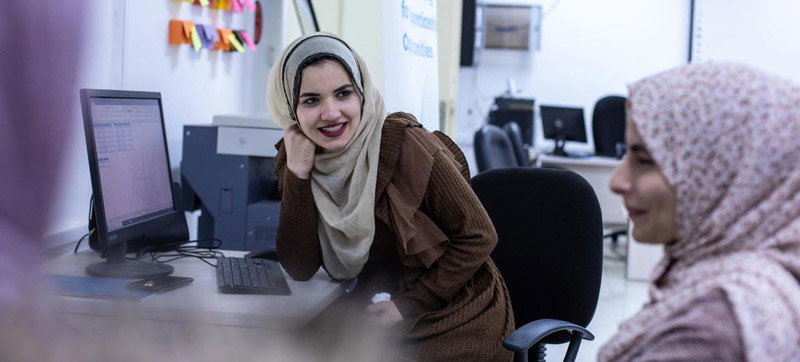Majority of women live in countries with large gender gaps, UN report reveals

New York: Low women’s empowerment and large gender gaps are commonplace in many parts of the world, the UN’s lead agencies on gender equality and international development said in a new report published on Tuesday.
Out of 114 countries studied, none has achieved full gender parity, the report by UN Women and the UN Development Programme (UNDP) has revealed.
Moreover, fewer than one per cent of women and girls globally live in a country with both high women’s empowerment and a small gender gap in areas such as health and education.
Meanwhile, 3.1 billion women and girls - more than 90 per cent of the world’s female population - live in countries characterized by a large women’s empowerment deficit and a large gender gap.
Measuring power, assessing disparities
The report introduces two new indices to shed light on the complex challenges faced by women worldwide and provide a roadmap for targeted interventions and policy reforms.
The Women’s Empowerment Index (WEI) measures women's power and freedom to make choices and seize opportunities across five dimensions: health, education, inclusion, decision-making, and violence against women.
The Global Gender Parity Index (GGPI) assesses gender disparities in key dimensions of human development, including health, education, inclusion, and decision-making.
Globally, women are empowered to achieve on average only 60 per cent of their full potential, as measured by the WEI. On average, they achieve 28 per cent less than men across key human development dimensions, as measured by the GGPI.
Full potential not realized
These empowerment deficits and disparities are harmful not just to women’s well-being and advancement but also to overall human progress, the report said.
UN Women Executive Director Sima Bahous recalled the international community’s strong commitment to gender equality and women’s empowerment under the Sustainable Development Goals (SDGs).
However, she said the new indices reveal that women’s full potential remains unrealized, and large gender gaps persist, thereby obstructing and slowing progress towards realization of the goals.
“Sustained efforts are therefore needed to deliver on the promise of gender equality, secure the human rights of women and girls and ensure that their fundamental freedoms are fully realised,” she said.
‘Real change for real people’
The indices reveal the need for comprehensive policy action in the areas of health, education, work-life balance and support for families, and violence against women, which will in turn speed up efforts towards a more equitable and inclusive world.
“Too many women and girls are living in countries that only allow them to reach a fraction of their potential and these fresh new insights are ultimately designed to help to effect real change – for real people,” said Achim Steiner, head of the UNDP.



